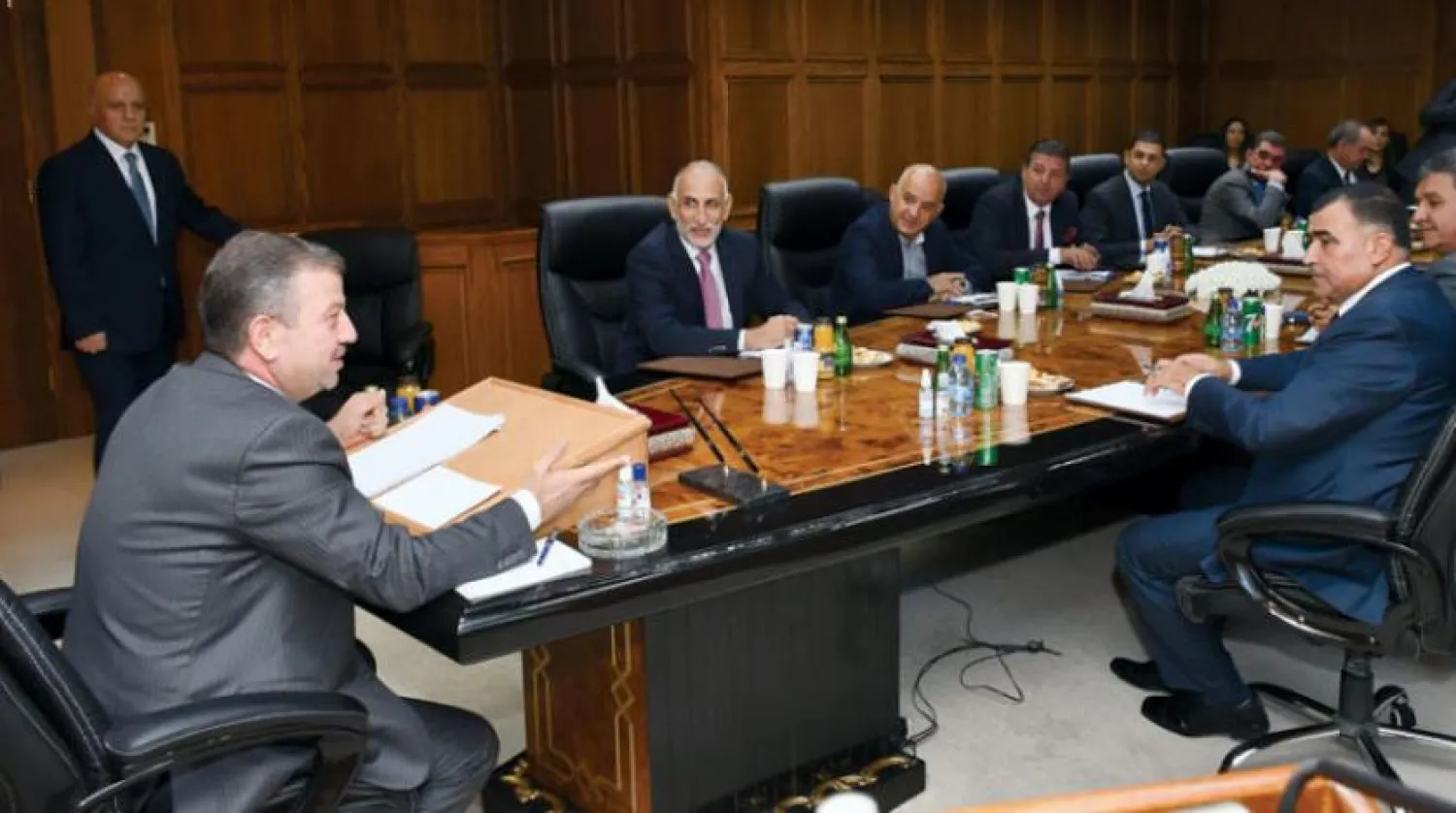Jordan’s General Intelligence Department chief, Major General Ahmad Husni, gave a detailed presentation of the security and political scene in the country and answered questions about internal and external affairs.
In an open discussion with a group of journalists and writers, Husni, who became the chief of the country’s top security institution in May 2019, outlined the features of the coming period and the policies that would be adopted by the intelligence service in dealing with local affairs.
On restoring relations with Syria, he spoke of a “fait accompli” that cannot be ignored given the complex regional and international alliances, as he described it. This was evident in a series of decisions that his country recently announced, pertaining to the reopening of borders and trade exchange with the neighboring country.
He stressed that the kingdom has distanced itself from interfering in Syrian affairs throughout its crisis, with the exception of “some interventions” in southern Syria, through Russian-Syrian-Jordanian understandings.
The Intelligence chief noted that Jordan was never an instigator of “any action against Syria”, adding that the stability of the southern border region with the kingdom in the north was - and will remain - the most important strategic goal in this file.
Husni said that relations between the two countries’ intelligence services continued over the past years, within a national security plan aimed at maintaining calm in southern Syria, and under the kingdom’s strategy to combat terrorist organizations.
He explained that an official Jordanian assessment sought to frame the Jordanian-Syrian relationship, pointing to the inevitability of dealing with the Damascus government, in light of the two countries’ need to reopen the channels of cooperation in joint files, in particular security and economy.
However, he expressed his concerns about the infiltration of terrorist elements across the border that seek to target the kingdom’s security, pointing to the increase in drug and arms smuggling.
He stressed that the spread of poverty and hunger in Syria has contributed to the increase of extremism among marginalized generations.
In documented numbers, Husni said that the Jordanian General Intelligence Service has thwarted - since he took office 2019 - 120 operations and 52 terrorist plots, and arrested 103 persons involved in planning attacks against the kingdom.
He also noted that Jordan, as part of international efforts to combat terrorism, contributed to “thwarting 68 terrorist plots in various regions of Europe and around the world.”









